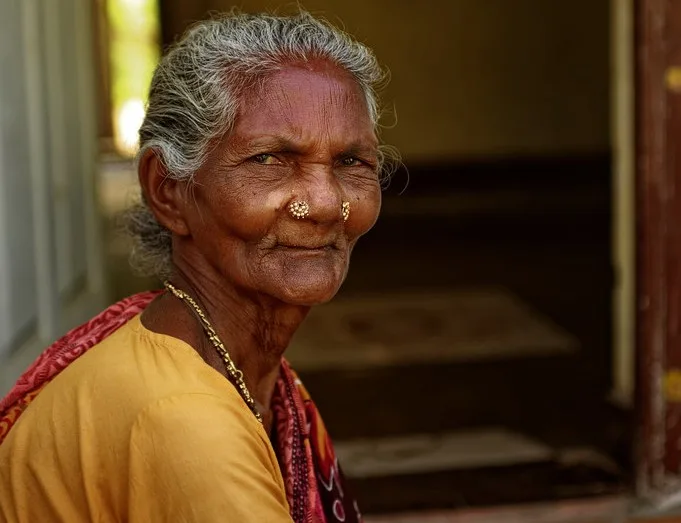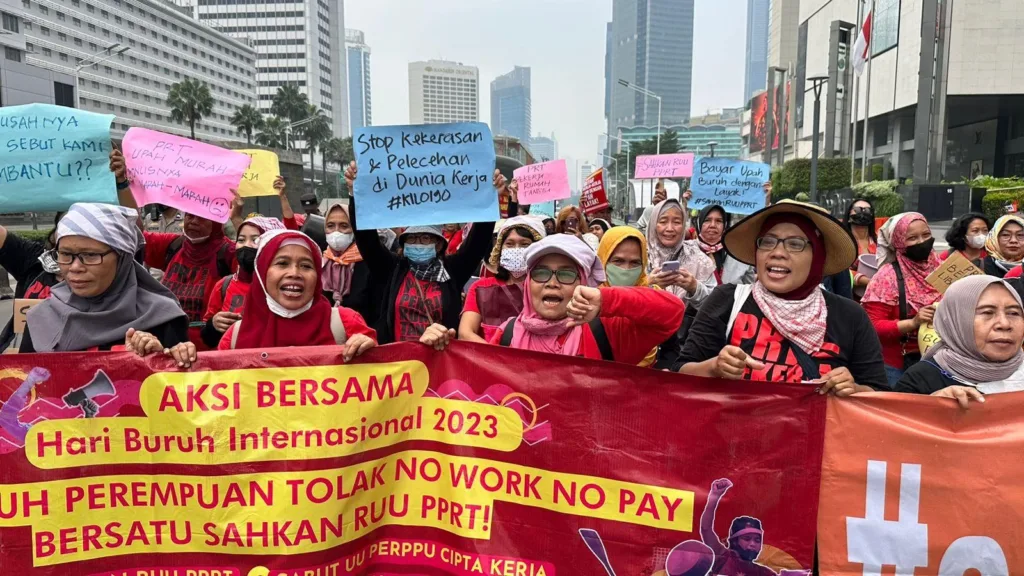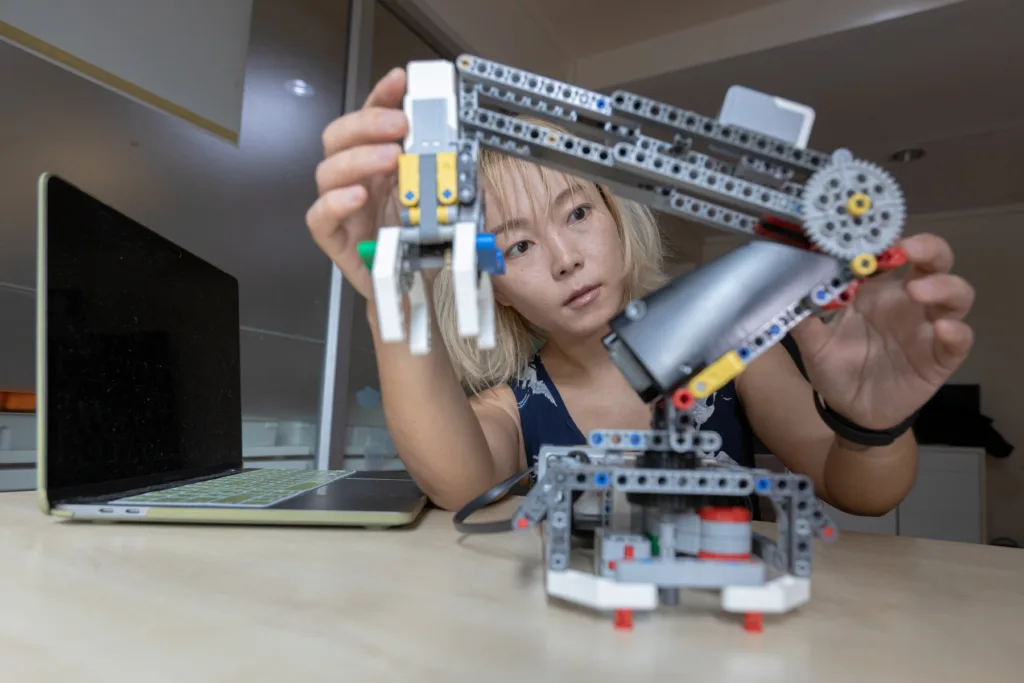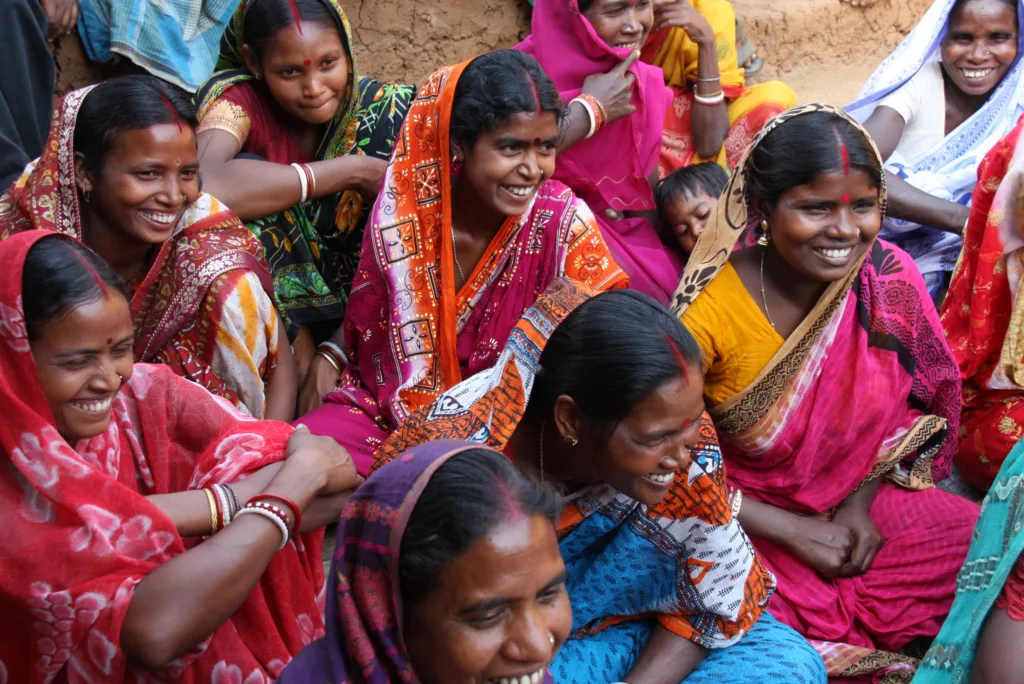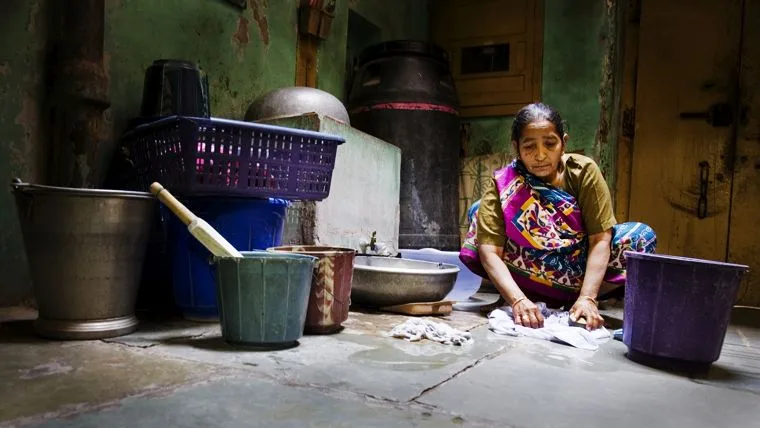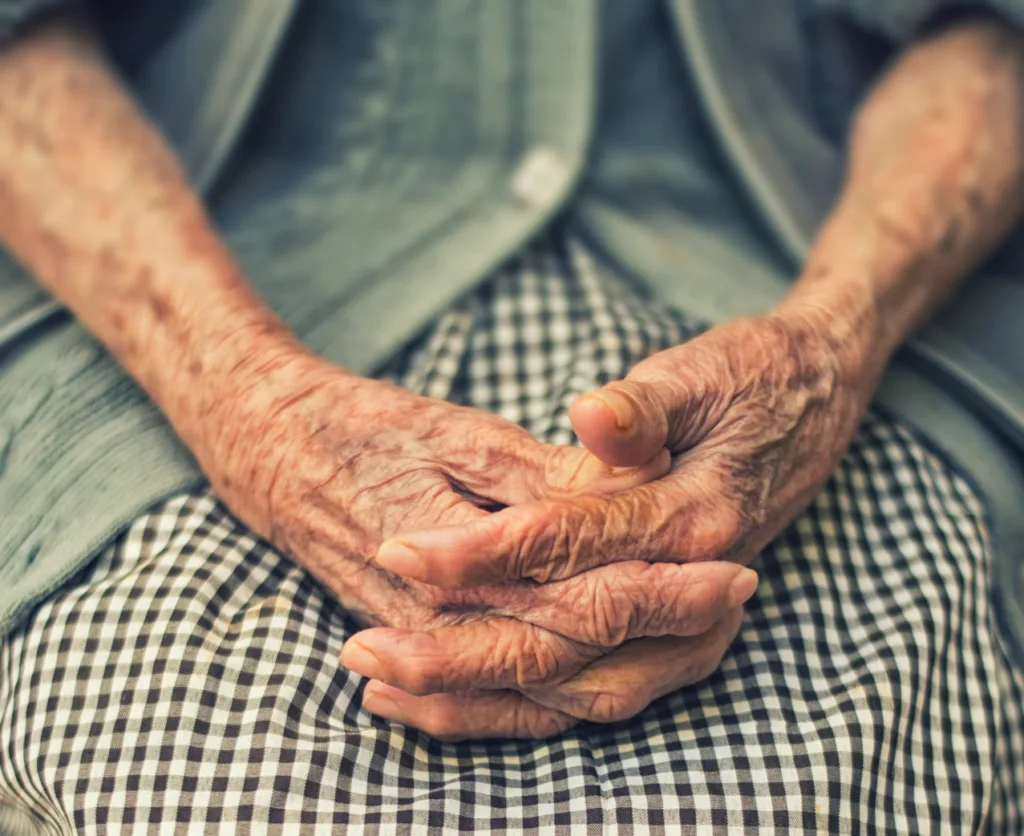See and embed our interactives: Women across Asia-Pacific continue to take on a larger share of domestic work and caring for family than men.
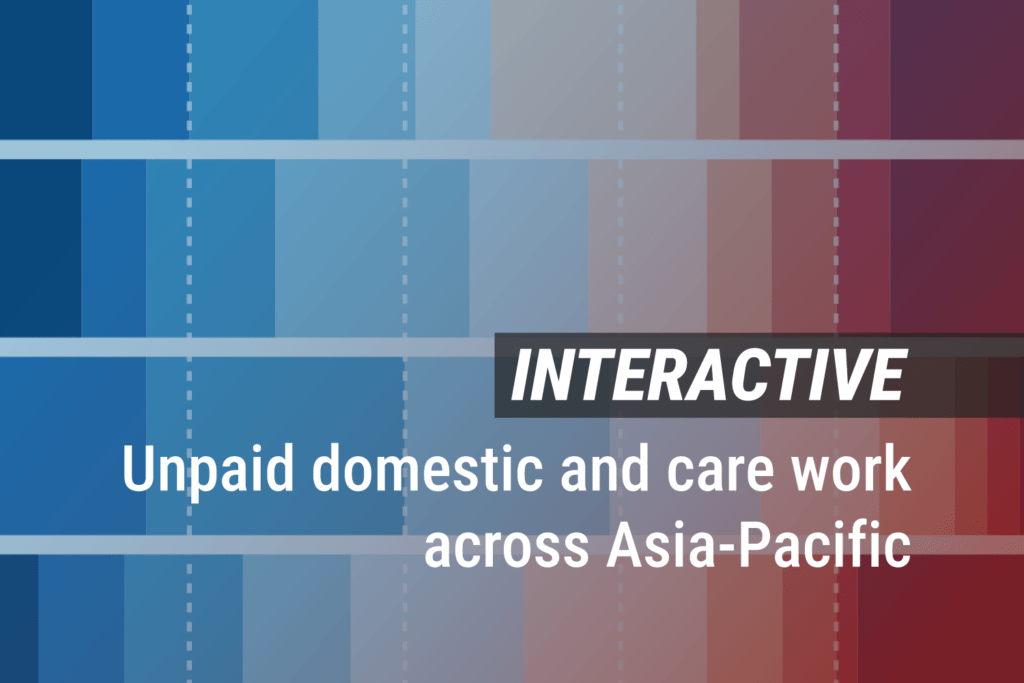 The burden of domestic work and caring for family members unpaid continues to fall disproportionately on women. : James Goldie, 360info CC BY 4.0
The burden of domestic work and caring for family members unpaid continues to fall disproportionately on women. : James Goldie, 360info CC BY 4.0
See and embed our interactives: Women across Asia-Pacific continue to take on a larger share of domestic work and caring for family than men.
Surveys across Asia-Pacific continue to show how much additional unpaid work is done by women.
As parts of its Survey on Gender Equality at Home, Meta asked Facebook users in 2021 how many hours they spent each day on unpaid domestic or care work.
The results show stark differences between men and women in most countries. In New Zealand, for example, only 22 percent of men reported doing more than three hours a day of unpaid domestic or care work, whereas 39 percent of women did. In Malaysia, 38 percent of men reported more than three hours a day, compared to 63 [percent of women.
Similar surveys of Australians break this disparity down even further and show just how little improvement there has been in the last 20 years.
In 2022, women aged 25–35 averaged 15.6 hours a week on housework and chores and another 17.5 hours a week playing with their children, compared to 7.9 hours of housework and chores for men and 7.3 hours a week playing with their children.
While total hours for paid and unpaid work appear similar between working aged Australian men and women, men continue to spend more of that time on paid employment and their commute at the expense of unpaid forms of work — particularly housework and playing with their children.
This problem is about both who does unpaid work and how much time they spend doing it.
A pre-pandemic survey of time use in India showed that in both urban and rural areas, girls and women aged 6+ were several times more likely than boys and men to do care work and especially domestic work — and the ones who did spend several times as long doing it.
These multiplying disparties mean domestic work takes up about 10 times as much of girls’ and women’s time.
Originally published under Creative Commons by 360info™.



